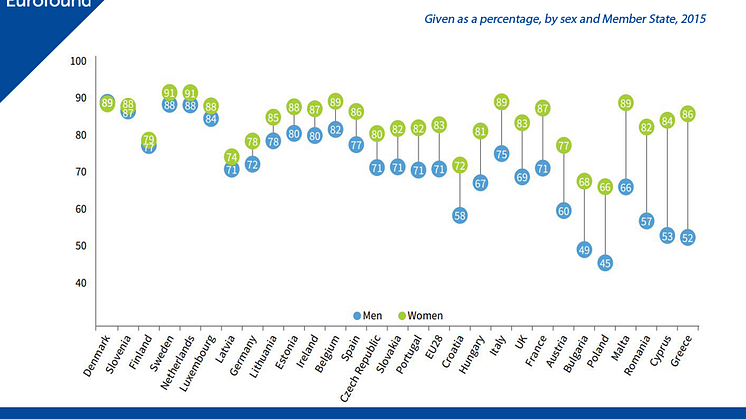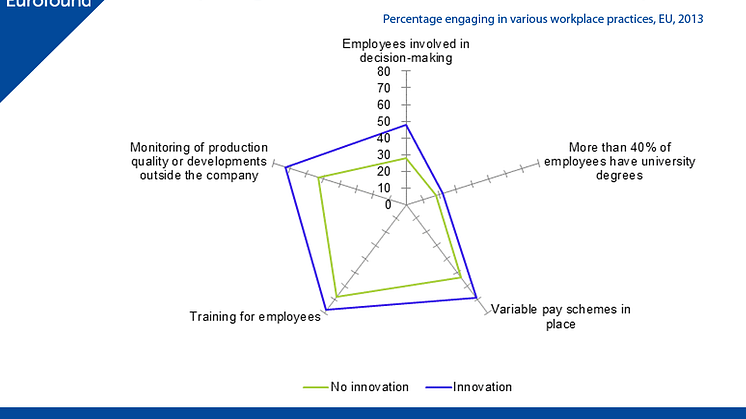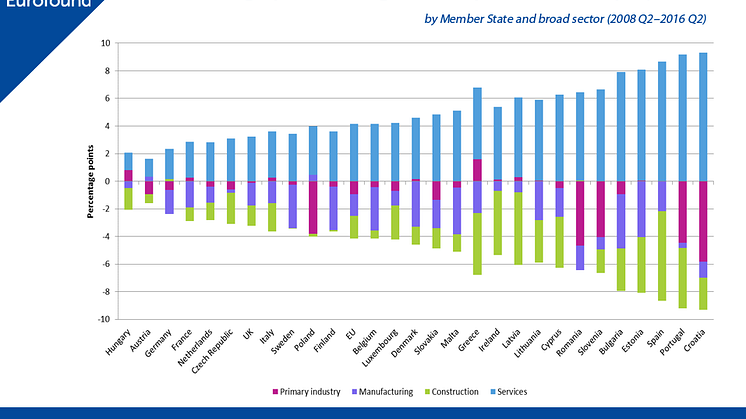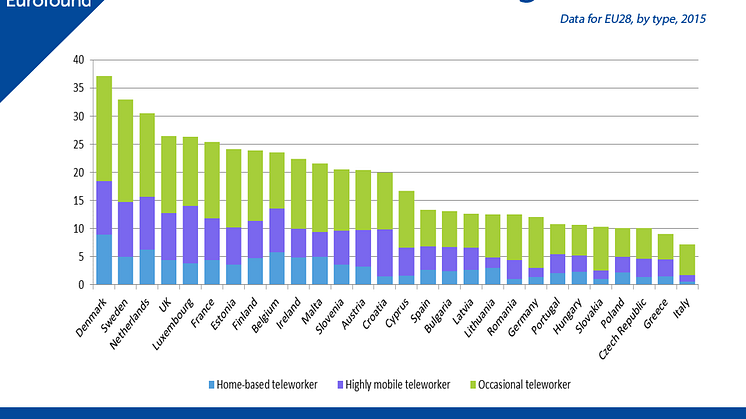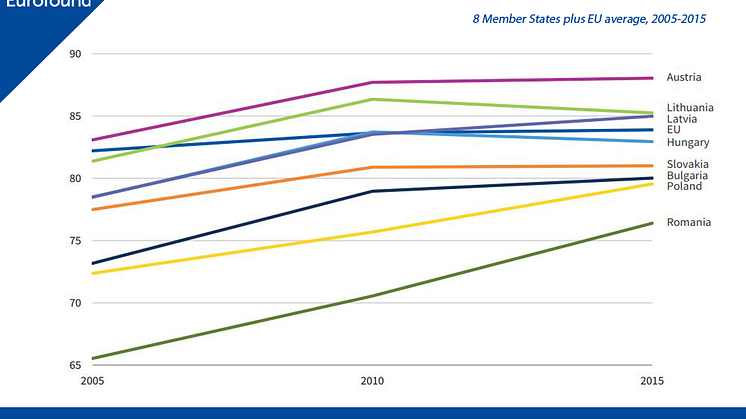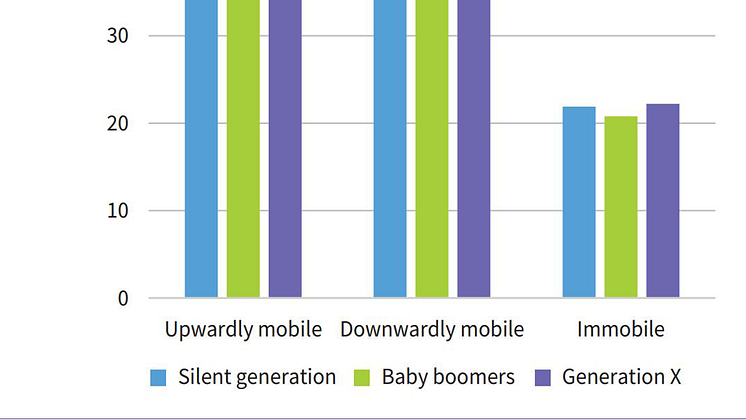
News -
Social mobility: Going up? Or down?
The structure of European societies changed dramatically after the Second World War when economies boomed on the back of a shift from industry towards service-oriented activities. New white-collar and professional jobs emerged, dissolving the rigidities of the old class structure. Mass education provided a skilled workforce, meaning that people drawn from all strata of society could, potentially at least, occupy these jobs. Equal opportunities for all became a fundamental principle of democratic societies – backed up by the principles of equal access to education and the jobs market.
It seems, however, that social structures are hardening again. As the modernisation of economies subsides, fewer new jobs are being created at the higher occupational levels, and this is curtailing upward mobility. Looking at three generations born in the 20th century – the silent generation (born 1927–1945), the baby boomers (born 1946–1964) and Generation X (born 1965–1975) – Eurofound researchers found that the most recent of the three was the least mobile and that social background continues to have a profound effect on life chances.
- Read more about quality of life and public services Europe: Living and working in Europe 2017



